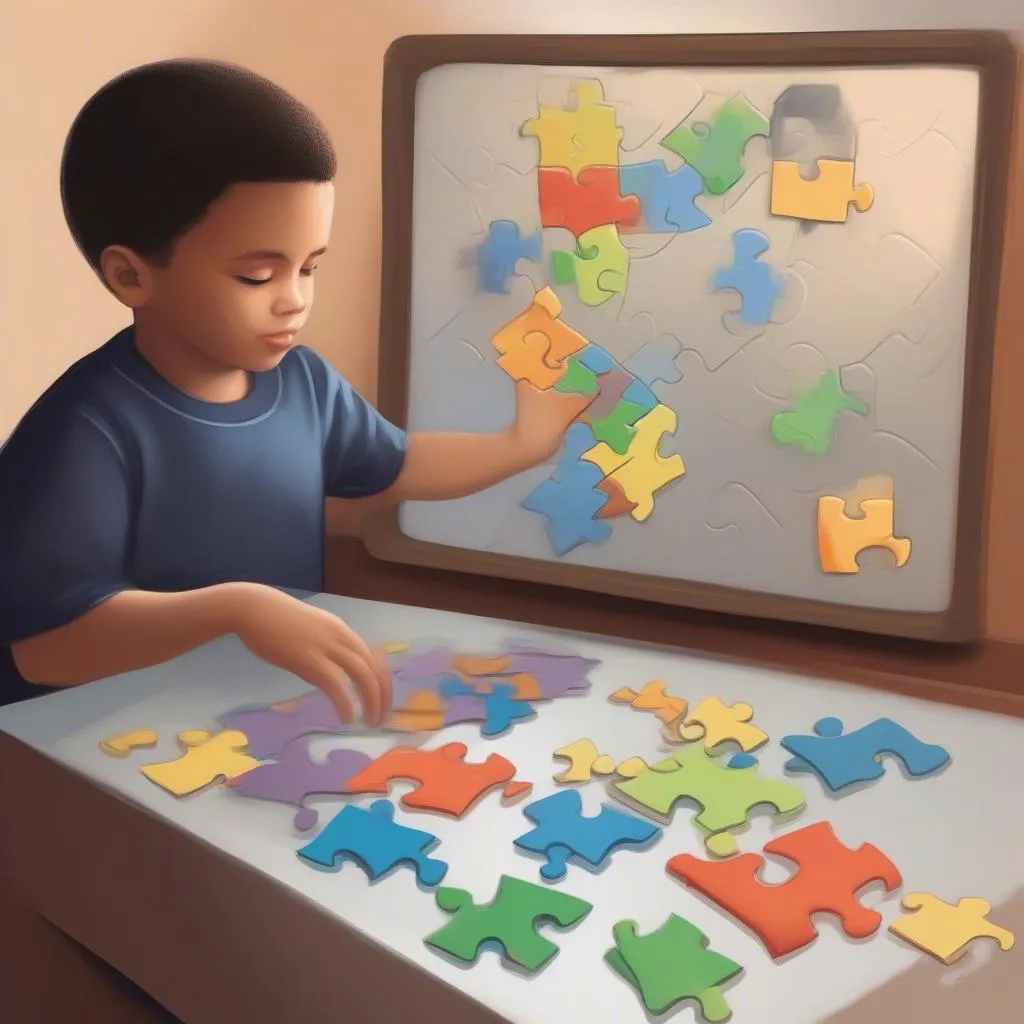“Bend the sapling when it is young; teach the child when he is small,” an old proverb emphasizes the importance of early childhood education. Today, we will explore 13 basic soft skills that parents should teach their children before the age of 4 to build a solid foundation for their bright future.
1. Communication Skills: The Language of the Heart
Communication is the key to human connection, a bridge between the soul and the outside world. Parents should encourage children to communicate through spoken words, body language, and facial expressions. Spend time talking with your child, reading books aloud, singing fun songs, and telling captivating stories to help them develop language naturally.
2. Social Skills: Engaging with Life
Living in a community, children need to learn how to interact with others, share toys, show empathy, and know how to say sorry and thank you. Parents can involve their children in group activities, play with friends, and create opportunities for them to interact with people around them.
3. Problem-Solving Skills: Overcoming Challenges
Life is full of challenges, and children need to be equipped with problem-solving skills to cope with any situation. Parents can pose simple questions and scenarios for their children to think about and find solutions. For example, when a child has difficulty assembling toys, encourage them to try different approaches instead of giving up.
4. Thinking Skills: Thinking Differently, Living Uniquely
Thinking is the ability to analyze, synthesize, create, and generate new ideas. Parents can teach their children through puzzles, riddles, and spot-the-difference games to help them develop logical, critical, and creative thinking.
5. Self-Reliance Skills: Steadily Moving on Your Own Path
Self-reliance is the ability to take care of oneself and do things within one’s ability. Parents can cultivate this skill in children by teaching them to eat by themselves, dress themselves, tidy up their toys, and practice personal hygiene.
6. Patience Skills: The Attitude of Victory
Patience is the ability to wait, persevere, and not give up easily. Parents can teach patience by playing games that require focus and persistence, such as puzzles, drawing, coloring, or activities that demand concentration and perseverance.
7. Emotional Management Skills: Understanding Yourself
Emotions are an important part of being human. Parents should help children learn to recognize, adjust, and control their emotions. Teach them the names of different emotions, how to express emotions positively, and how to deal with negative emotions.
8. Confidence Skills: Shining with Your True Self
Confidence is belief in oneself and one’s abilities. Parents can help children build confidence by praising their efforts, creating opportunities for them to express themselves, and helping them overcome fears and challenges in life.
9. Adaptability Skills: Adapting to the Environment
Adaptability helps children easily integrate into new environments and face changes in life. Parents can create opportunities for their children to experience new environments, meet new people, and learn how to adapt to their surroundings.
10. Collaboration Skills: The Power of Community
Collaboration is the ability to work with others, working together towards a common goal. Parents can teach collaboration through group games and activities that require coordination, helping children learn to share, help, and respect the opinions of others.
11. Creativity Skills: Creating Miracles
Creativity is the ability to come up with new ideas and new solutions. Parents can spark their child’s creativity by encouraging them to imagine freely, express themselves freely, and explore the world around them freely.
12. Love Skills: Love is Light
Love is a noble emotion, a motivation for people to live better lives. Parents should teach their children to love and care for those around them, to help others, and to express sincere feelings.
13. Respect Skills: Equality and Kindness
Respect is proper conduct, showing respect for one another. Parents can teach respect by imparting lessons about ethics, kindness, and equality, helping children understand the value of respect.
 Young children learning soft skills through puzzle games.
Young children learning soft skills through puzzle games.
In Conclusion
“Train up a child in the way he should go,” teaching children from a young age is the sacred responsibility and duty of every parent. Hopefully, this article has helped you better understand 13 basic soft skills for children before the age of 4. Let’s work together to help children develop comprehensively, ready for a bright future!
Follow the website “KỸ NĂNG MỀM” for more useful articles on soft skills for young children. Contact us immediately via Phone Number: 0372666666, or visit us at: 55 To Tien Thanh, Hanoi. We have a 24/7 customer care team.